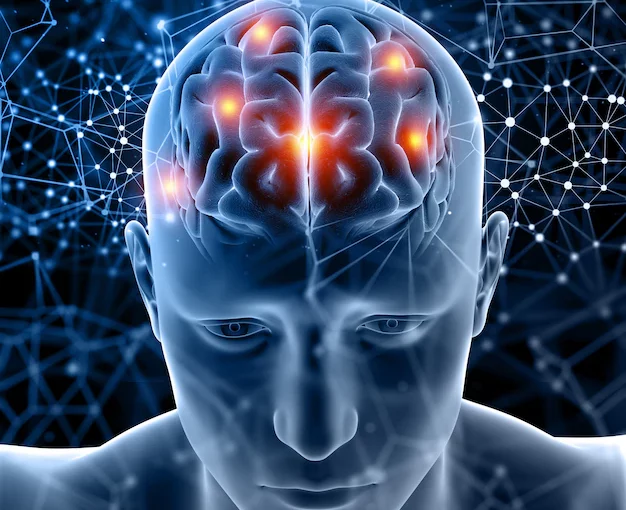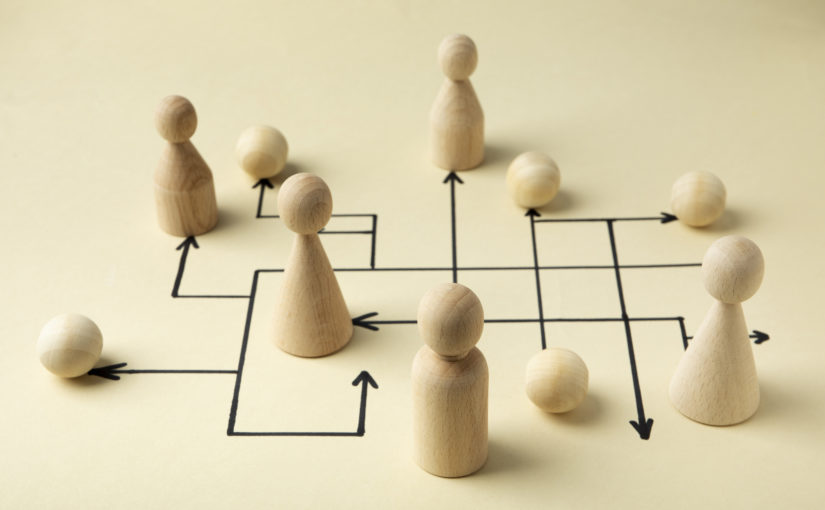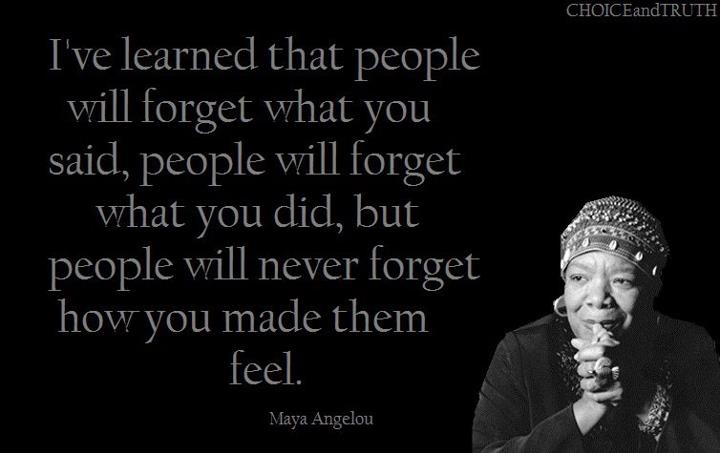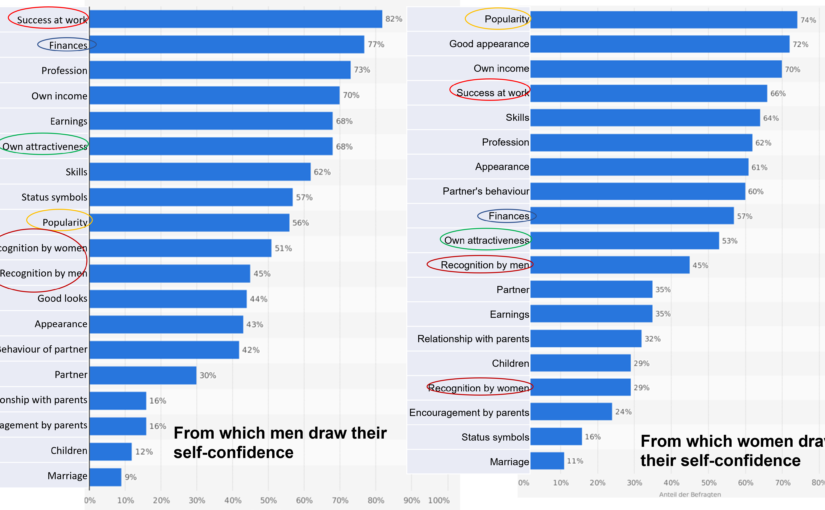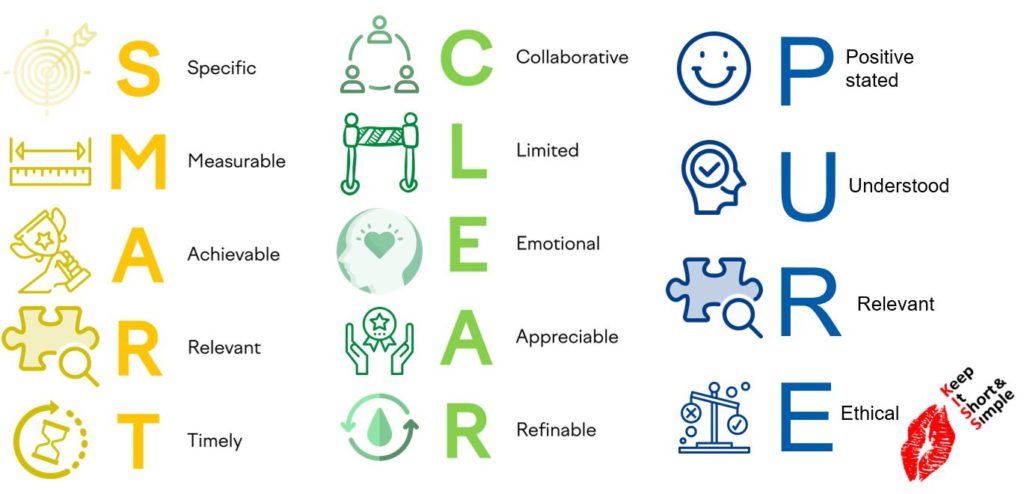We all assume that we are great listeners. Are we really one? No-one can prove it at the end, as the interpretation and assumptions of what was heard are maily not equal with the interpretation and assumptions of the speaker. To reduce this gap as much as posible, try the method ATTENTIVE listening.
ATTENTIVE listening:
- Accept that multitasking is not possible, focus on listening only and follow the conversational flow.
- Teaching and instructing do not go well with attentive listening, they belong in schools and courtrooms.
- To ask questions as openly as possible is crucial, but don´t over prepare the conversation through question list. Questions are normally coming naturally.
- Even repetition, paraphrasing and duplications should be avoided.
- Not knowing and admitting it helps the conversation flow.
- To the point and short should be your own statements.
- Individual are our emotions which means they are free from any comparison and judgement and none of us would have in the same situation same emotions.
- Very important is, that reproduction of rumors, word of mouth or hearsay does not belong to attentive listening.
- Empathy and equality is the basis of a successful attentive conversation.
Are you curious to read more about the importancy of good listening skills, read my bock chapter „4.3 Zuhören und Stille ermöglichen, bewusst zu denken” reference page 143 following.


